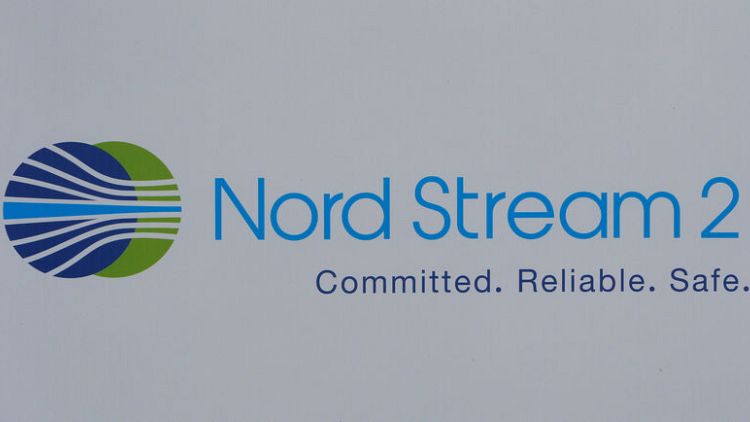BRUSSELS (Reuters) - The European Union reached a provisional deal on Wednesday on new rules governing import gas pipelines including Russia's planned Nord Stream 2, in a move that cast doubts over the project's current operating plan.
Representatives of the European Commission, the European Parliament and of the 28 member states reached a deal, which should lead to a new law in the coming months. EU countries would then have nine months to transpose into national law.
EU Commissioner Arias Canete, responsible for energy, said that Europe was closing a loophole in its laws as its dependency on natural gas imports increases.
"The new rules ensure that EU law will be applied to pipelines bringing gas to Europe and that everyone interested in selling gas to Europe must respect European energy law," he said in a statement.
Nord Stream 2 has divided the EU, with German opposition to the new draft rules stalling discussions since it was proposed by the EU executive in November 2017.
Eastern European, Nordic and Baltic Sea countries see the 1,225 km (760 mile) pipeline, which is already under construction, as increasing EU reliance on Moscow, while those in northern Europe, especially Germany, prioritise the economic benefits.
The draft law will likely slow but not stop the project, led by Russian state energy firm Gazprom in partnership with five Western firms - Germany's Uniper and BASF's Wintershall unit, Anglo-Dutch firm Shell, Austria's OMV and France's Engie.
It calls for all import pipelines to meet EU energy market rules by not being directly owned by gas suppliers, applying non-discriminatory tariffs and transparent reporting and allowing at least 10 percent of capacity to be made available to third parties.
"Exceptions are only possible under strict procedures in which the Commission plays a decisive role," the Commission said.
(Reporting by Philip Blenkinsop; Editing by Alissa de Carbonnel)



